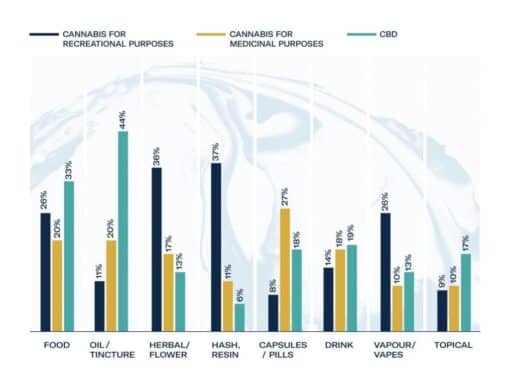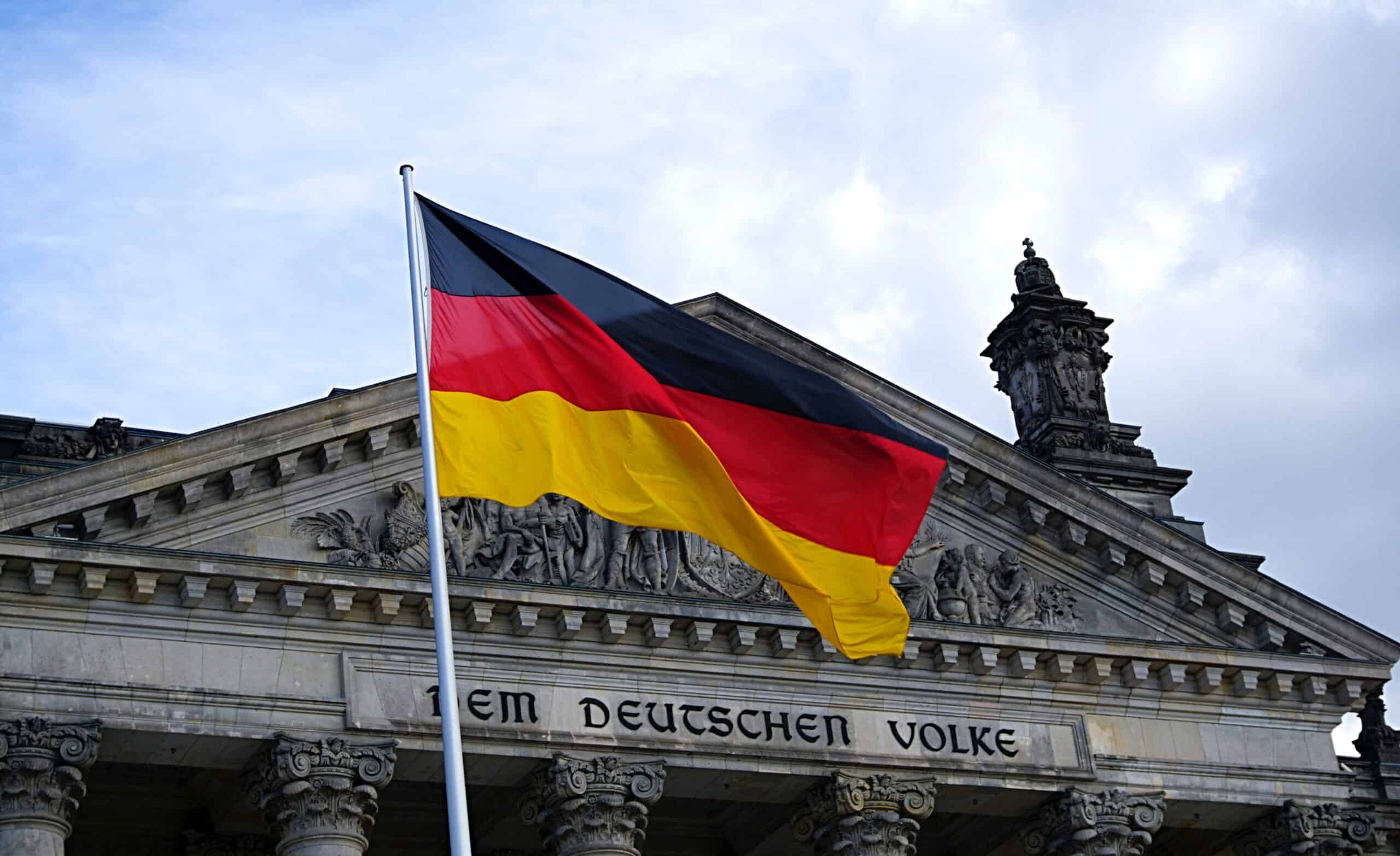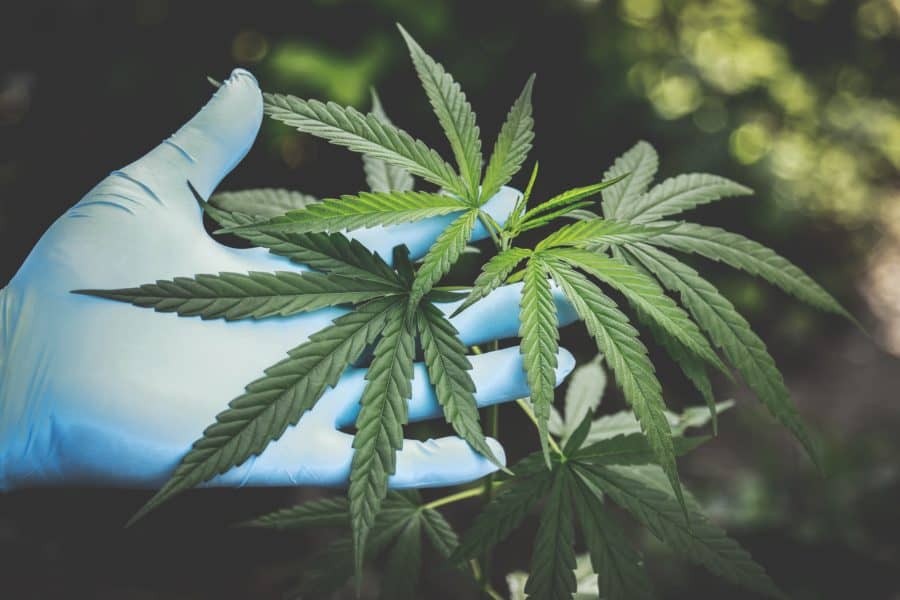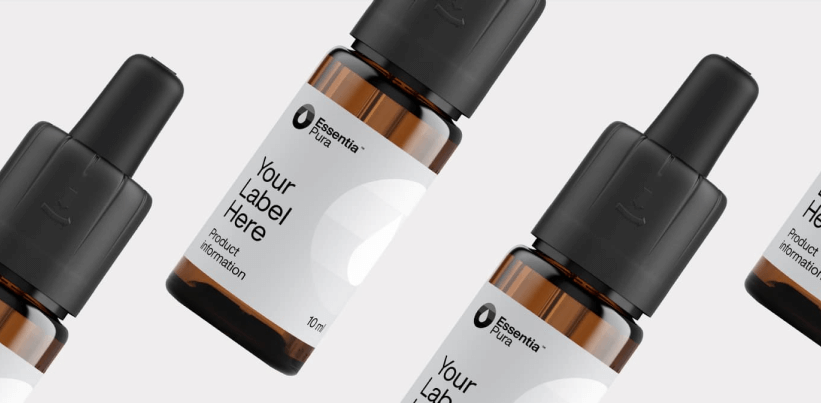CBD Market Analysis: Germany
If you are into the CBD business and still not working in Germany, it is a country that should be on your radar. Germany is attractive for numerous reasons.
Germany is the largest economy in the EU zone. Therefore, no surprise that it is also the biggest market for many products, including CBD.
Germany is also a highly dynamic market that is consistently among the first to accept new ideas. Thus, it is no surprise that it has also quickly changed its regulations and legalized CBD.
Even more interesting is that Germany is considering legalizing recreational cannabis, and its government has already taken some initial steps. Legalizing it would also become the largest recreational cannabis and CBD market in the EU zone.
Additionally, many people do not know that Germans prefer natural remedies. Compared to the US or UK, it is relatively easier to get regulatory approval for herbal remedies. All this means that German society more readily accepts natural preparations. Germans would often prefer something natural over pharmacological drugs.
These and many other factors make the German market truly attractive. Moreover, it has one of the best investment climates. It means that German laws generally remain consistent over time, and there are fewer chances of quick regulatory changes that may threaten CBD business or any kind of business.
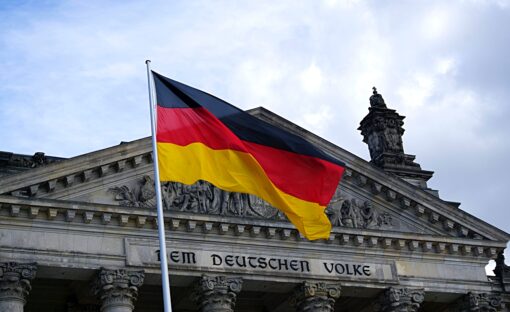
A Market Analysis of CBD in Germany
German CBD market is quite vibrant, with numerous CBD products available on the market. CBD products are sold at brick-and-mortar stores, online platforms, and more. One can readily buy CBD oil, gummies, creams, and balms.
Though the EU-wide changes in the regulations, that is, a classification of CBD as a Novel Food, have slowed down the CBD market growth a bit, it will regain momentum as companies start meeting the new regulatory requirements.
Like all other healthy and vibrant markets, the German market is expected to grow at a CAGR (compound annual growth rate) above 40%. Industry experts believe that by 2024, Germany will be 50% of the EU cannabis market.
White Label CBD Partnership
Dive into the growing CBD industry with pre-formulated, ready-to-launch CBD products. Reach out, and start today.
Learn more here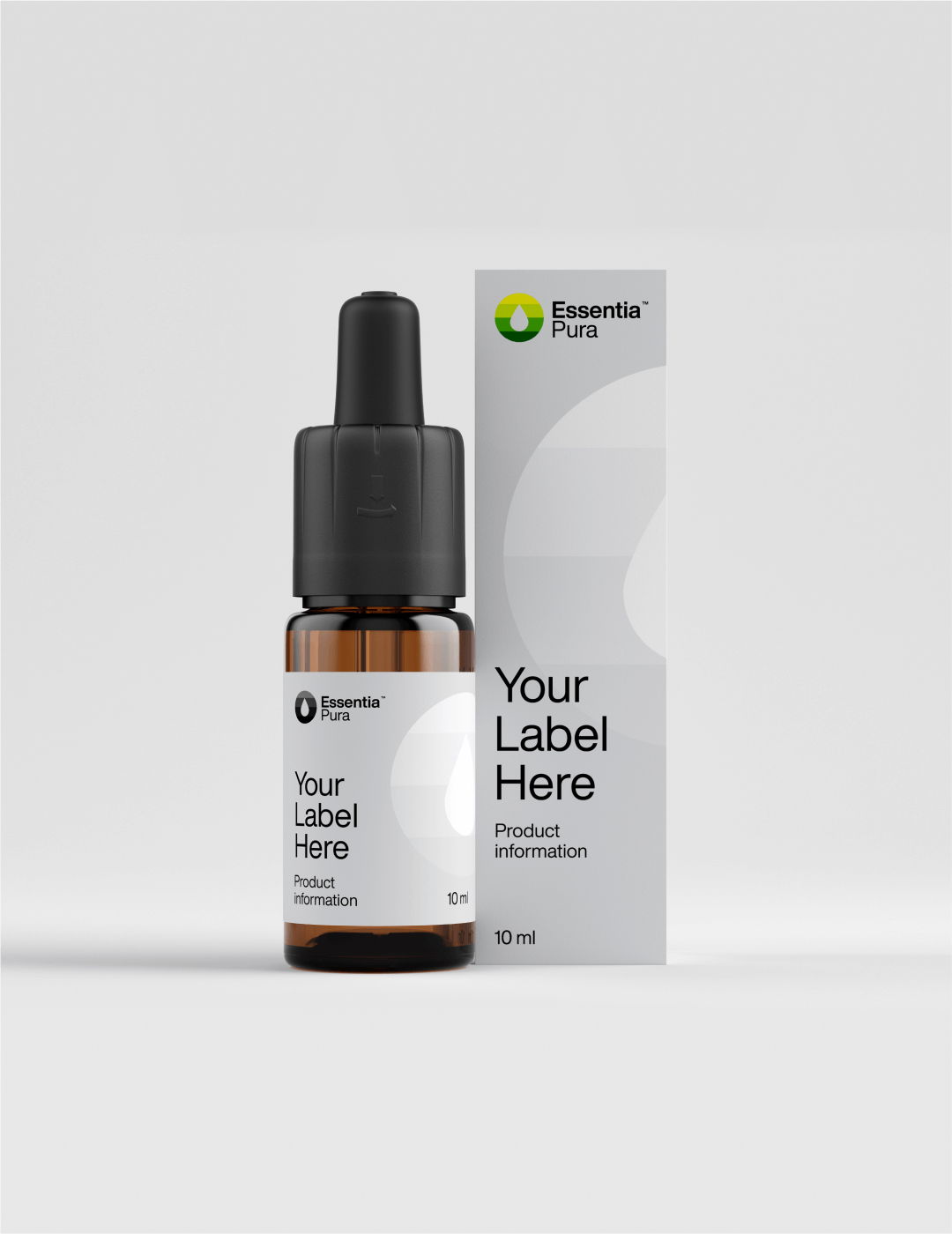
First Off Is CBD Legal in Germany
Germany is an industrial nation, and hemp has many industrial uses. Therefore, no surprise that it is a country with a long history of hemp cultivation. It was among the first European nations to legalize hemp cultivation in 1996.
It also amended its laws regarding the sales of low THC cannabis products in 2017, and since then German CBD market has been booming.
So, yes, CBD is legal in Germany. One can sell any CBD product in Germany with THC content below 0.2%.
Further things changed in 2019, when the EU commission made some regulatory changes, thus classifying CBD as a Novel Food. Unfortunately, this means that one can only sell or commercialize CBD products in the German market after getting Novel Food approval from the EU commission.
Getting approval as a Novel Food from the EU commission may be a complex task, but it is worth it. Obtaining such approval means one can sell CBD products almost in any EU nation.
Can I Take CBD Oil to Germany
Theoretically, yes, you can take CBD oil to Germany. However, there are a few things to know beforehand.
Firstly, one can only take small amounts of CBD oil for personal use. Thus, a bottle or two may be fine, as such a quantity is justifiable. However, larger amounts are almost impossible to justify.
Secondly, one should preferably take a product that is certified and known to contain THC below 0.2%. It is even better not to take THC-containing products at all. Thus, better take CBD isolate or similar products.
Additionally, it is worth understanding that what is legal in the US may not essentially be legal in Germany. For example, the upper limit for THC content in the US is 0.3%, while in Germany or the EU, it is 0.2%. Hence taking broad-spectrum or full-spectrum CBD oil with high THC to Germany may be illegal and get you in trouble.
Thus, it is always a good idea to take only CBD oil that is entirely THC-free, made from isolate, and certified to be THC free. In addition, it is generally safer to carry CBD products produced in another EU nation and sold legally in that nation.
When it comes to recreational cannabis, it is still illegal in Germany. However, the German government has already started legalizing the limited use of recreational cannabis. But these are still early days, and it may still take a few years before recreational cannabis becomes legal in Germany.
Custom CBD Formulations For Your Customers
Retail-ready formulas not your type? Reach out and develop your own custom formulation.
Discover more here
Germany’s CBD Oil Market Size
When it comes to the total CBD market in Germany, data is a bit sketchy. Hence, it is difficult to say how much is the total CBD market in Germany or the CBD oil market size.
Nevertheless, most data indicate that the total European market for CBD products is approximately 2 billion USD, and thus German market is around 1 billion USD strong. But, of course, this is the whole market, including CBD oil, edibles, topicals, and so on. Hence, it would be correct to say that the CBD oil market may be approximately 200-300 million USD.
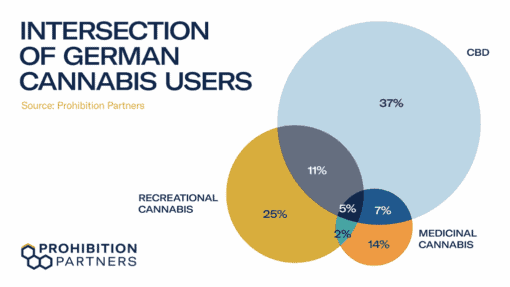
There are some surveys indicating what kind of products German people want. Studies show that people are most interested in CBD oil, followed by food, capsules, drinks, vapes, topicals, and herbals.
The Top 3 CBD Manufacturers in Germany
By looking at the product profile of some of the leading CBD manufacturers in Germany, one can get a better picture of the German CBD market. Furthermore, looking at these manufacturers’ websites, one can understand what is in demand and what is not.
Below are the three highly reputed CBD manufacturers in Germany:
Nordic oil
It is a German manufacturer with a wide range of CBD products like CBD oil, pills, various CBD combination products like CBD with melatonin, and more. They produce high-quality products that go through extensive testing in third-party labs.
Sanity care
It is a company that focuses on producing CBD products of medicinal quality and thus supplying to pharmacies and institutions. In addition, they also make CBD-based wellness products and even topicals.
Breathe Organics
It is another German company with a wide range of CBD products, oils, cosmetics, liquids, and more. They produce liquids for vapes, cosmetics, CBD for ingestion, aromatic oils containing CBD, hemp oil for hair and massage, and more.
